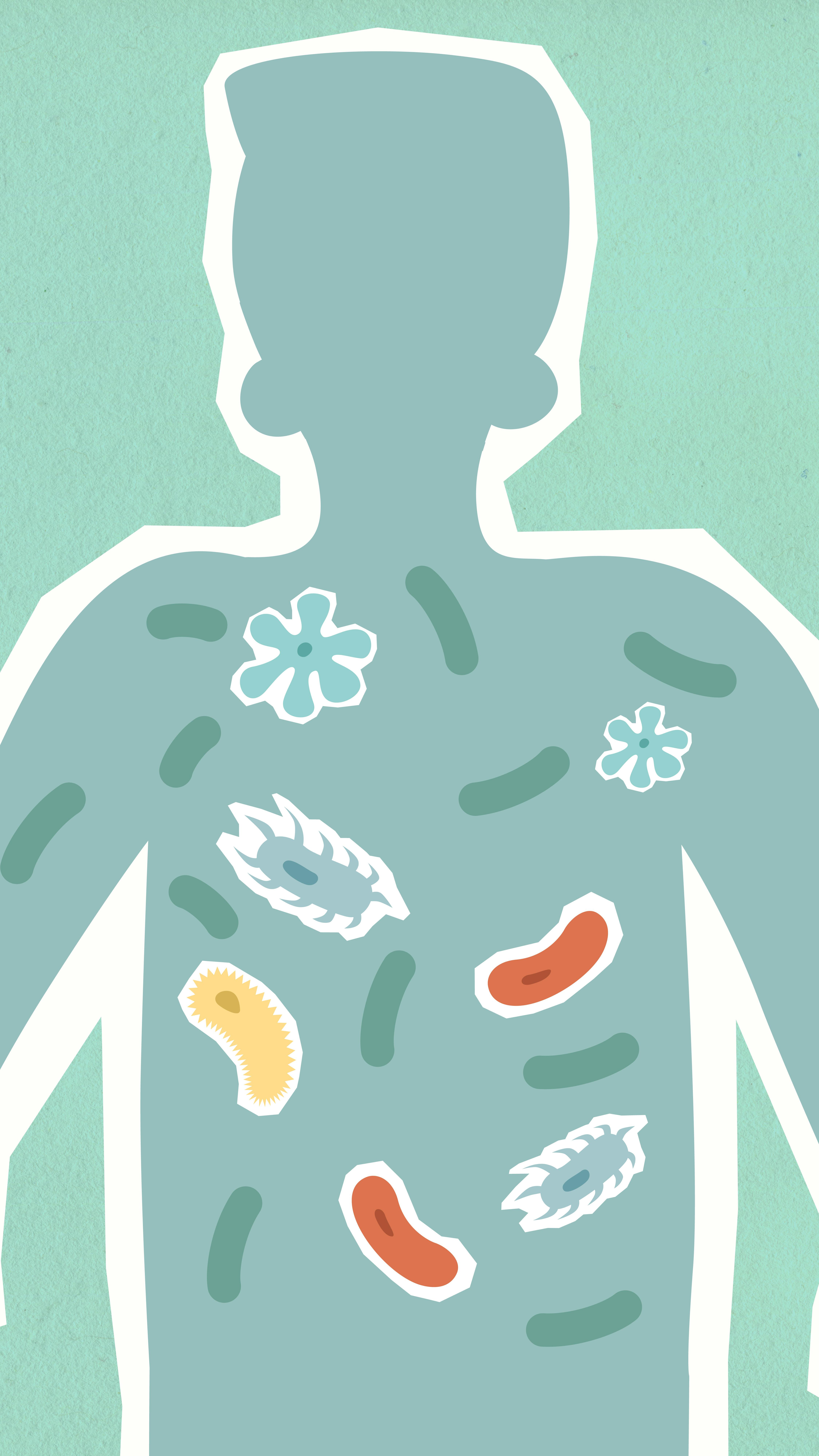Antibiotics can harm your gut, but how much so depends on your gender, a new animal study from Cedars-Sinai concludes. While past research has looked at sex-specific effects of antibiotics on the large bowel microbiome in mice, this is the first study to look at antibiotic-induced changes in the small bowel microbiome by sex.
Scientists say the preclinical research could help in how antibiotics are prescribed in humans. It also furthers discovery into whether the benefits of using antibiotics outweigh the harm of the bacterial infection.
“We found that giving the rats a multidrug antibiotic cocktail resulted in significant and sex-specific changes in both the stool, or large intestine, and the small bowel. For example, greater loss of the diversity of the microbes in both stool and small bowel was observed in the male rodents than in the females,” comments senior author Dr. Ruchi Mathur, an endocrinologist at Cedars-Sinai, in a statement.
Past gut health research has found that having a less diverse microbiome is associated with poor health. When your gut is teeming with all types of bacterial species, it can help with resilience and vitality.
The animal study was part of the Medically Associated Science and Technology Program (MAST) that compared the gut microbe composition of male and female rats before being treated with four types of broad-spectrum antibiotics. After antibiotics were discontinued, the researchers observed a persistent change in gut microbiomes, but they varied depending on the sex of the rat. But regardless of sex, the microbial changes caused by antibiotics did not undo and the animals’ guts did not return to their pre-antibiotic state.
One possibility for the sex-specific effects was that male and female rats had different microbial compositions to begin with. However, the researchers ruled this explanation out because they confirmed all rats had similar gut profiles at the start of the study. “This allowed us to pinpoint changes in the microbiomes of the male and female rats that could be attributed specifically to the impact of the antibiotics during and after exposure to the medicines,” explains Dr. Mark Pimentel, director of the MAST program and a co-author of the study.
Less unclear is how different combinations of antibiotics and time of exposure affect gut health. If the microbiome continues to change based on sex, the study authors suggest this could make doctors warier of overprescribing antibiotics.
“Sex is a biological variable, and like any variable, it needs to be taken into consideration in basic and medical research. Currently, we consider factors such as kidney function and weight when dosing medications for patients,” adds Dr. Mathur. “Depending on the results of further research, specifically in humans, the sex of patients may one day be an important consideration when prescribing antibiotics.”
The study is published in the journal Frontiers in Microbiology.











